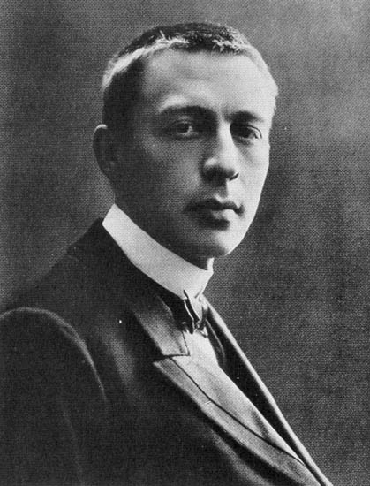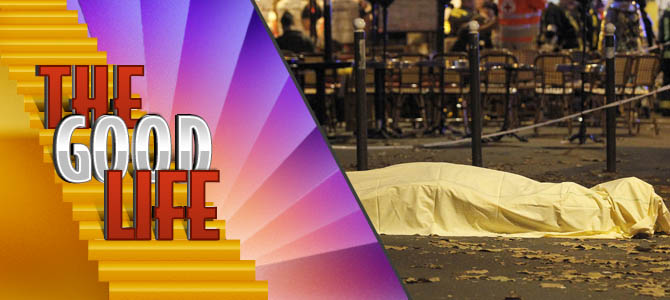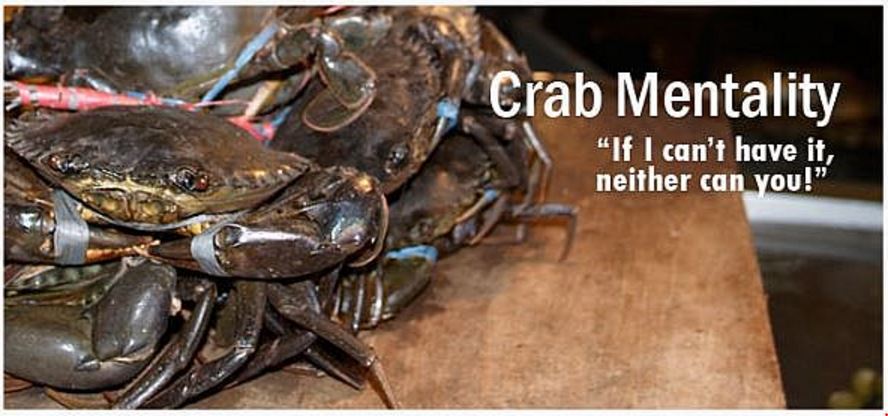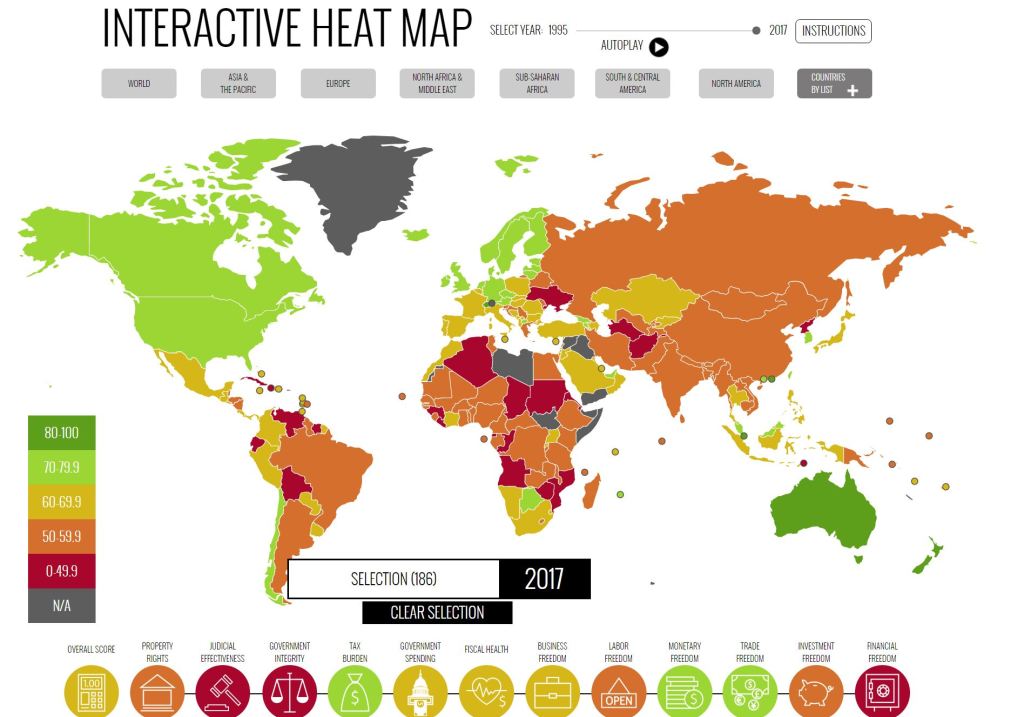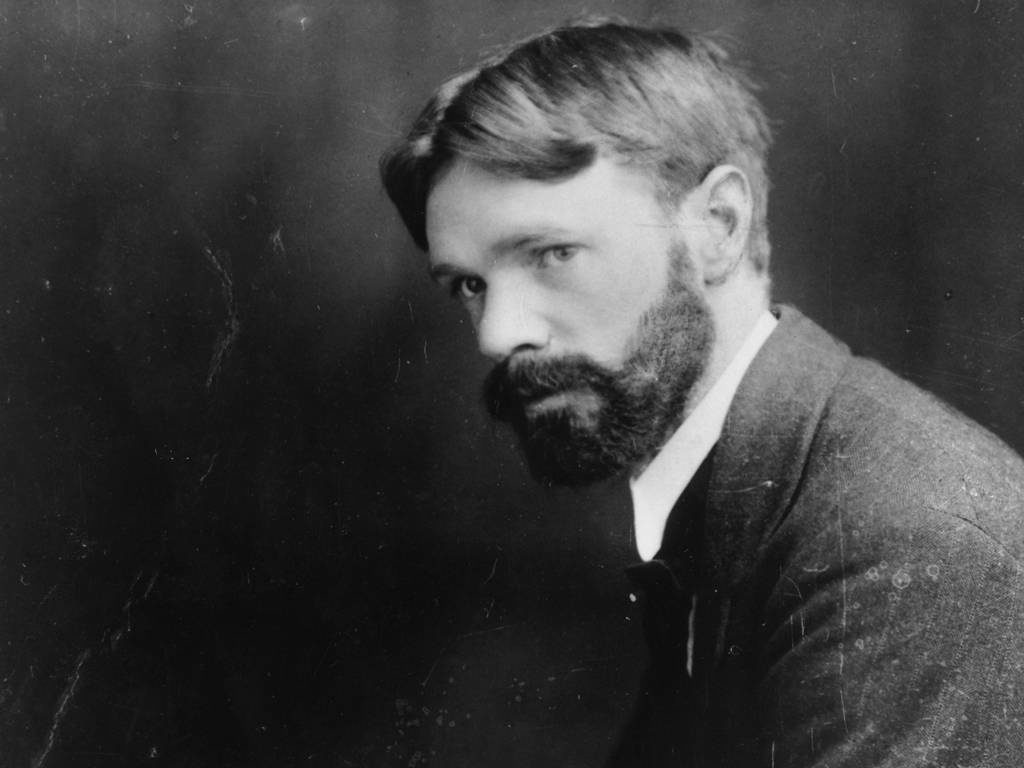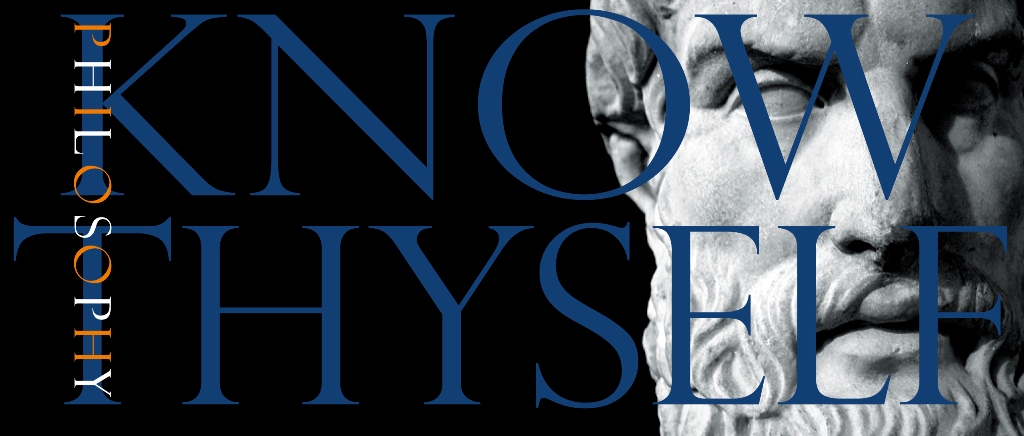How Rachmaninoff’s composing was hurt by the Soviet Union
Yet another reason to despise the Russian experiment in socialism. After the communist revolution, the great composer Sergei Rachmaninoff went into exile, losing his home and other property to the Soviets — along with his publisher and his status in Russia as leading musician of his generation. Starting over in the West was a challenge, […]
How Rachmaninoff’s composing was hurt by the Soviet Union Read More »
